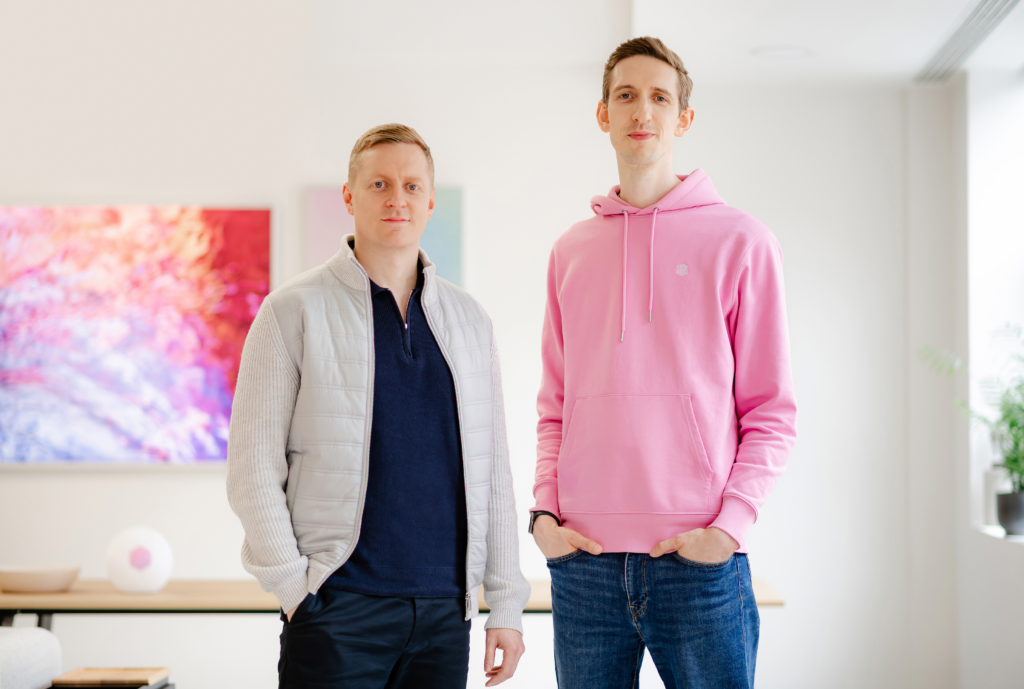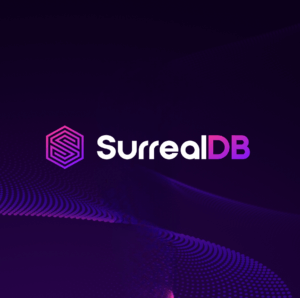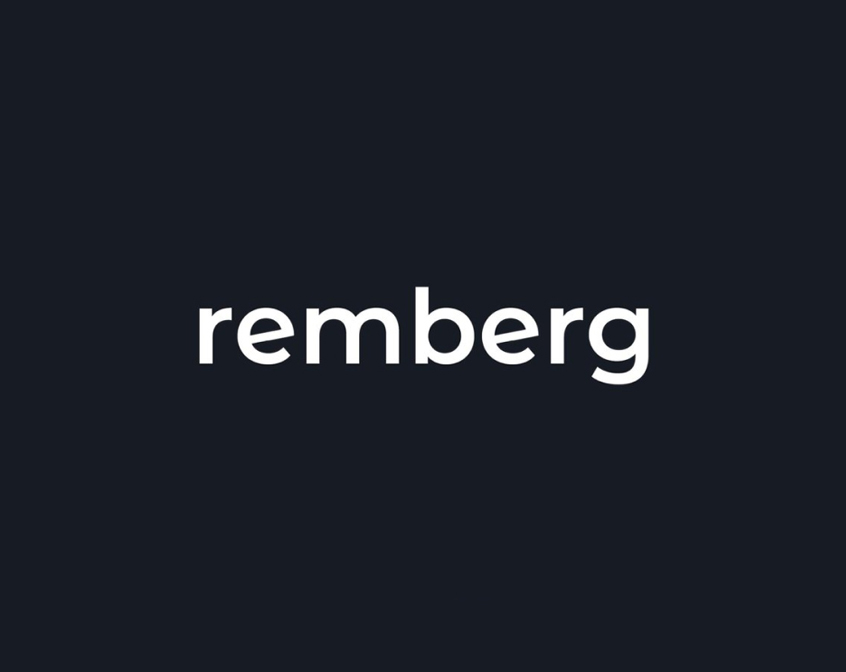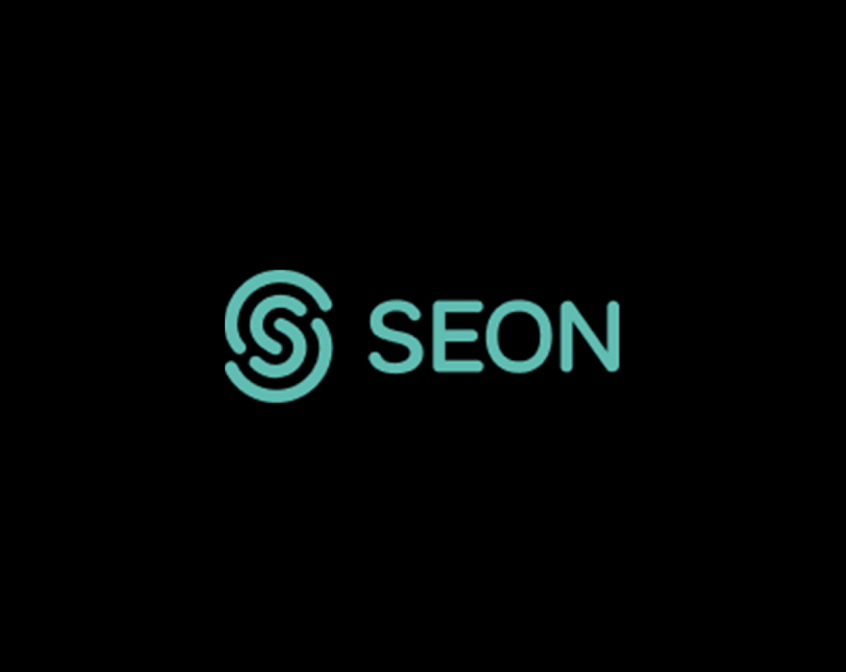Databases are the core of an enterprise’s technology stack, the foundations beneath the applications and digital experiences that power our modern world. Databases provide structured ways to store data and allow for quick retrieval of data through various query languages. Developers work to optimize data queries, indexes, and schema to ensure fast database performance as data volumes grow. Depending on the type of database, developers also have oversight in designing the structures of the database itself, including tables and columns, relationships, accessibility, and constraints.
The developer’s choice of which type of database to use depends on the specific needs of the application they’re building, such as the structure of data, or types of queries required. Developers use relational databases when datasets are tabular, the data model is relatively consistent and unlikely to change, and sophisticated queries are required across different tables. A common example of an application that uses a relational database could be analyzing financial transaction data. On the other hand, developers often prefer graph databases when data between entities is highly interconnected and the data model needs to constantly evolve and adapt, such as in social networks. Another type of database, document databases, are commonly used when data is semi-structured or unstructured, and the high availability of retrieving complex data is prioritized over pure consistency, such as in blogs or video platforms. Document databases are often regarded as having the highest flexibility of schema and degree of scalability.
Based on these various factors, developers often split data across multiple databases. This approach adds significant complexity to the application’s architecture, requiring the management of multiple data models, query languages, and administrative tasks for each database.
With each database having its own tools and ecosystem, this requires developers to spend time writing complex backend API’s. Additionally, it is very costly running multiple types of databases, requiring more time and resources towards testing, and maintenance. Historically, there has not been a single platform to merge relational, document, graph, and web database functionality – until now.
SurrealDB is building the first database platform to combine relational, graph, and document database capabilities in one medium. As a truly multimodel database, SurrealDB enables developers to use multiple techniques to store and model data, without having to choose a method in advance. SurrealDB enables developers to dramatically cut costs and development time by simplifying the backend tech stack while enabling leading query flexibility and functionality.
In a world powered by SurrealDB, developers will be able to build secure, collaborative applications of any size without being forced into a single data model or platform. SurrealDB offers a new, realtime document-graph data model and security access permissions built natively into the database. SurrealDB developed SurrealQL, an incredibly powerful database query language that provides the familiar syntax of popular query language SQL with the enhanced capabilities of supporting graph relationships and schema creation & manipulation. Queries and data modifications written in SurrealQL are pushed in realtime to all users, applications, end-user devices, and server-side libraries. Built as a single library, SurrealDB is able to be used as both an embedded database library and as a database server. With low memory usage and CPU requirements, SurrealDB can run in nearly all types of environments.
SurrealDB also supports WebAssembly functionality through their key-value database engine abstraction layer. This builds on our history of investing in the WebAssembly ecosystem, namely through our investment in Dylibso.
SurrealDB is one of the fastest growing open source projects of all time, reaching over 500K database downloads and 25K Github stars in under 3 years. We have been blown away by the engagement in SurrealDB’s developer community. Today, SurrealDB’s open source database is used by developers at leading organizations such as Nvidia, Salesforce, HSBC, and Samsung. Coming soon, Surreal Cloud will enable SurrealDB’s enterprise users to leverage a fully managed cloud service offering to power increasingly sophisticated enterprise workloads.

We’re thrilled to announce our investment in SurrealDB’s $20M Series A alongside our friends at FirstMark, and are excited to be working with the founding team, led by brothers Tobie Morgan Hitchcock (CEO) & Jaime Morgan Hitchcock (COO). The two co-founded SurrealDB in 2021 after conceptualizing the business for over 8 years and working on previous businesses together.
The database industry has come a long way since our founding partner, Daniel Dines, was working as an engineer at Microsoft on SQL Server Agent development 20 years ago. We’re proud to be supporting SurrealDB as investors in their $20M Series A as they build the ultimate multimodel database.
To learn more about SurrealDB, check out their website, launch announcement and the TechCrunch article on their fundraise.










